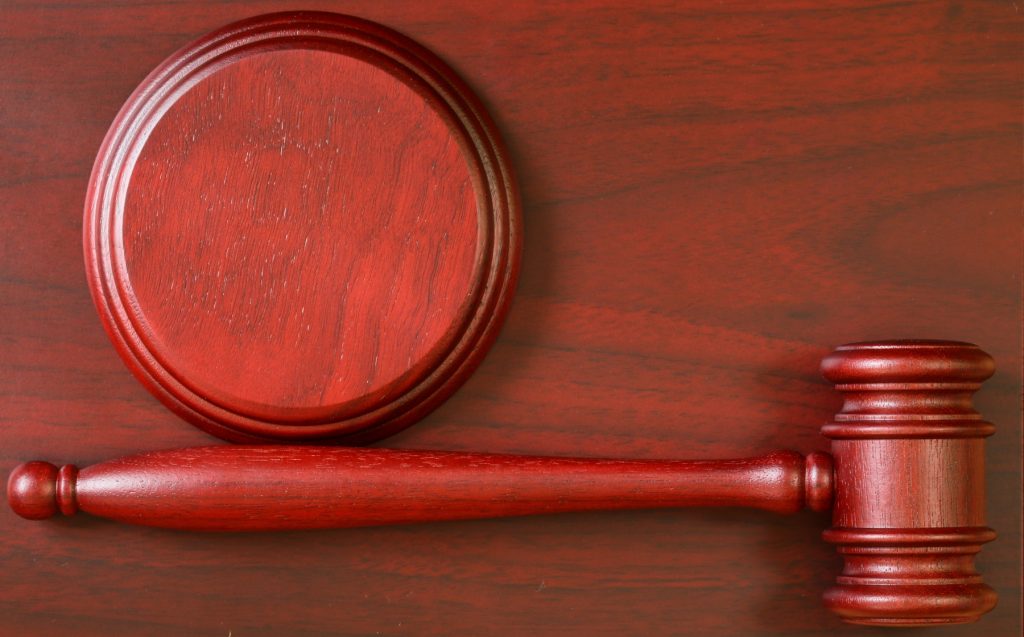Walking into a courtroom for the first time can be daunting. For first-time offenders, this experience begins with the arraignment hearing. This crucial step in the judicial process serves as a pivotal moment for anyone charged with a crime. In this guide, we’ll break down everything you need to know about attending an arraignment hearing—from preparation to what comes afterward. By understanding each aspect of the process, you’ll be better equipped to handle your initial hearing with confidence.

What Is an Arraignment Hearing?
An arraignment hearing is your initial appearance in court after you’ve been charged with a crime. It serves several key purposes. During this hearing, formal charges are read aloud, and you are asked to enter a plea. The judge will also decide whether bail or a bond is appropriate. Importantly, the arraignment sets the stage for your entire criminal defense strategy.
Your presence at the arraignment is not just a formality—it’s a legal requirement. Missing this appointment can lead to severe consequences, including the issuance of a warrant for your arrest. Understanding its significance will help you approach it with the seriousness it deserves.
Preparing for Your Arraignment
Preparation is vital. First, getting a grasp on the charges against you is crucial. Each charge can impact your life in different ways, ranging from fines to potential jail time. Understanding these implications sets the groundwork for your legal strategy.
Having competent legal representation cannot be overstated. A lawyer experienced in criminal defense can offer invaluable advice and support. They will help you to understand the arraignment process and ensure that your rights are protected throughout.
Gathering necessary documents is another critical step. These may include your arrest record, any paperwork from previous hearings, and identification. Being organized shows the court that you respect the process and are prepared to engage with it seriously.
What to Expect in the Courtroom
The arraignment process typically includes several key steps. First, your charges are read aloud in court. This step ensures that you are fully aware of what you are being accused of. Following this, the judge will ask you to enter a plea. You’ll generally have three options: guilty, not guilty, or no contest.
Possible outcomes of the arraignment include setting a date for a trial or dismissing the case if there is insufficient evidence. The judge may also consider bail, allowing you to remain free until your next court date, depending on the severity of the charge and your criminal history.
Common mistakes at this stage include failing to understand your rights or speaking out of turn. These missteps can negatively affect your case, so it’s essential to listen carefully and follow your attorney’s guidance.
Important Tips for Your Arraignment Hearing
First impressions matter, so dress appropriately. Your attire should reflect the seriousness of the occasion—think business casual. Courtroom etiquette is equally important. Be respectful, attentive, and avoid speaking unless prompted by your lawyer or the judge.
When addressing the judge, use proper titles such as “Your Honor.” This respect helps maintain a positive rapport with the court staff and judge. Remember, they are there to ensure justice is served fairly and equitably.
Knowing what to say and what not to say is crucial. Avoid discussing the specifics of your case unless advised by your attorney. Anything you say can be used against you in future proceedings, so it’s best to exercise caution.
What to Do if You are Taken to Jail
Understanding bail and bond is crucial. Bail is a monetary guarantee that you will return for future court dates. If set, you may need to work with a bail bondsman to secure your release. This is often a stressful time, but it’s important to comply with all conditions set by the court.
The concept of plea bargaining may come into play after your arraignment. This process involves negotiating with the prosecutor to potentially reduce your charges or sentence. It requires careful consideration and discussion with your lawyer to ensure it’s the best decision for your situation.
Preparing for the next steps involves staying informed and engaged with your legal team. They will guide you through any additional hearings or proceedings, ensuring that your rights are protected and your defense is robust.
Conclusion
An arraignment hearing is a critical step in the criminal justice process, serving as the foundation for your defense strategy. Being well-prepared can ease the anxiety of entering a courtroom for the first time. Remember to seek legal advice, understand your charges, and maintain a respectful demeanor throughout.
It’s important to stay engaged and informed throughout your legal proceedings. If you have questions or concerns, don’t hesitate to reach out for professional legal advice. Understanding the court process can empower you to make informed decisions about your legal future. With the right preparation and support, navigating your arraignment hearing becomes a manageable task on the road to justice.
Don’t let the criminal justice system intimidate you. We will protect your rights and preserve your freedoms. Contact Attorney David E. Lewis at 317-636-7514 for the strongest criminal defense in Indianapolis. We will get the best possible outcome for your criminal case!
Related Posts:
What You Should Know Before Attending an Appeal Hearing in Indiana
Which Constitutional Rights Can Be Waived in a Criminal Sentencing Hearing?
Preliminary Hearing Process and Procedures



